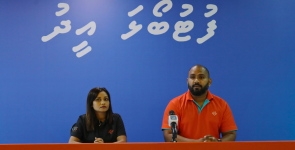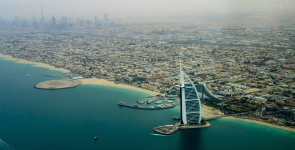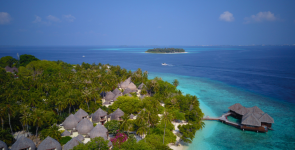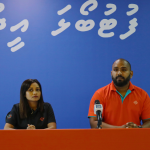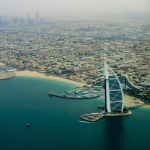The Maldives, with its thriving tourism industry and tight-knit island communities, has the potential to significantly enhance its corporate culture. By adopting modern Human Resources (HR) practices from around the world, Maldivian businesses can boost employee engagement, productivity, and innovation. Let’s explore these practices and how to tailor them to the unique Maldivian workplace.
Data-Driven HR: The Power of Insights
In modern HR, data plays a pivotal role. Instead of relying on assumptions, progressive HR departments leverage analytics to understand employee trends, identify skill gaps, and measure the effectiveness of initiatives. For Maldivian businesses, this means implementing systems to track metrics like employee turnover, performance reviews, and training participation. This data-informed approach allows for targeted decision-making that improves hiring, retention, and development strategies.
Employee Wellbeing: A Cornerstone of Success
The traditional view of HR as purely administrative is shifting. Today, there’s a strong emphasis on employee well-being, recognizing that a happy and healthy workforce translates directly to business success. In the Maldives, where work-life balance and mental health may not be prioritized, companies can lead the change. This can include flexible working arrangements, mental health awareness programs, and creating a culture of open communication.
Technology as an HR Enabler
Modern HR departments streamline processes and enhance employee experiences through technology. From cloud-based HR management systems to AI-powered chatbots, various tools are available. In the Maldivian context, adopting these technologies can be particularly impactful considering the geographic dispersion of islands. Digitizing HR processes can foster efficiency, reduce paperwork, and improve accessibility for employees across different locations.
A Learning Culture: Investing in Growth
Progressive HR prioritizes continuous learning and development. This approach moves beyond mandatory training and focuses on creating a culture where employees are empowered to grow their skills. In the Maldives, businesses can promote this by offering mentorship programs, sponsoring online courses, and encouraging knowledge sharing. A focus on upskilling benefits not only individuals but also makes the Maldivian workforce more competitive.
Adapting Global Practices to the Maldives
Successful implementation of these modern HR practices in the Maldives necessitates careful adaptation to the local context. This includes acknowledging the unique dynamics of small, close-knit island communities and tailoring HR policies to foster a sense of belonging and inclusivity for employees. Given the prominence of the tourism industry, HR strategies should also address seasonality, develop skills specifically for hospitality roles, and promote cultural sensitivity among staff. Furthermore, it’s essential to integrate modern HR practices while remaining respectful of Maldivian cultural norms and values, potentially adjusting communication styles, working hours, and leadership development programs accordingly.
The Path Forward
Embracing modern HR is an ongoing journey. Maldivian businesses can start by assessing their current practices, identifying areas for improvement, and setting realistic goals. Collaboration with HR professionals, both within the Maldives and internationally, can provide valuable insights and support. By prioritizing employee-centric strategies, leveraging technology, and fostering a culture of continuous learning, the Maldives can cultivate a thriving corporate landscape that attracts top talent and drives innovation.










